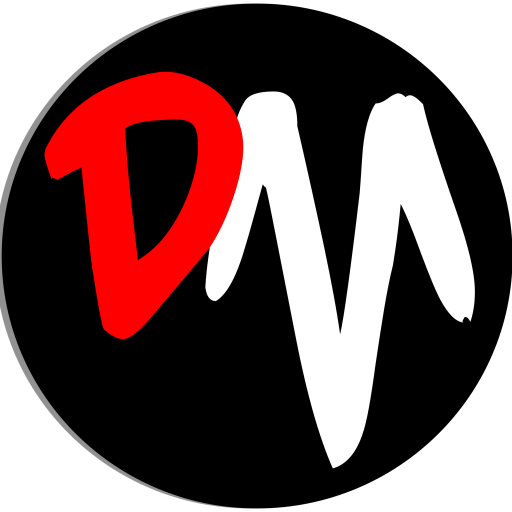E-Commerce Solutions in Nigeria: A Comprehensive Guide and Cost Comparison
Introduction
The e-commerce landscape in Nigeria has experienced tremendous growth in recent years, driven by factors such as increasing internet penetration, a rising middle class, and the convenience of online shopping. As a result, there is a growing demand for e-commerce solutions tailored to the Nigerian market. In this blog post, we will explore some of the top e-commerce solutions available in Nigeria, discuss their features, and provide a cost comparison to help you make an informed decision for your online business.
1. Jumia
Jumia is one of the largest and most well-known e-commerce platforms in Nigeria. It offers a wide range of products, including electronics, fashion, beauty, and more. Jumia provides a user-friendly platform for both sellers and buyers, making it accessible to a broad audience. To start selling on Jumia, you can register as a seller, and the cost structure typically includes a commission fee on each sale, which can vary based on the category of products.
2. Konga
Konga is another prominent e-commerce platform in Nigeria. It boasts a robust marketplace and offers features like KongaPay, an integrated payment solution, to facilitate secure transactions. The cost of selling on Konga may involve registration fees, commissions on sales, and possibly additional charges for premium services like advertising and promotion.
3. Shopify
Shopify is a globally recognized e-commerce platform that is also available to Nigerian entrepreneurs. It offers a flexible and customizable solution for online businesses. While Shopify does have a monthly subscription fee, it provides a range of features and tools for creating and managing an online store. Shopify also integrates with local and international payment gateways.
Cost Comparison
To give you a better idea of the costs associated with these e-commerce solutions, let’s provide a general cost comparison. Please note that these costs can vary based on specific packages, promotions, and individual business needs.
– Jumia: Commission fees on sales typically range from 5% to 15%.
– Konga: Costs may include registration fees, commission fees (generally around 3% to 5%), and potential advertising expenses.
– Shopify: Shopify’s pricing plans vary, with basic plans starting at around $29 per month. Additional costs may include transaction fees (if not using Shopify Payments), domain registration fees, and app expenses.
Conclusion
Selecting the right e-commerce solution for your business in Nigeria depends on various factors, including your product range, target audience, and budget. It’s essential to carefully evaluate the features, costs, and support offered by each platform. Additionally, consider the payment gateways available, as smooth and secure transactions are crucial for e-commerce success.
Ultimately, the choice between local platforms like Jumia, Konga, and PayPorte, and global options like Shopify, should align with your specific business goals and needs. By conducting thorough research and understanding the costs involved, you can embark on your e-commerce journey in Nigeria with confidence.










👍